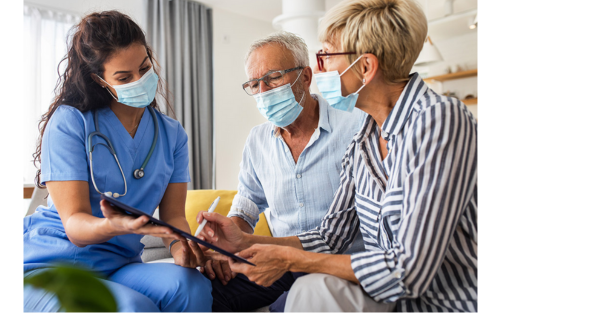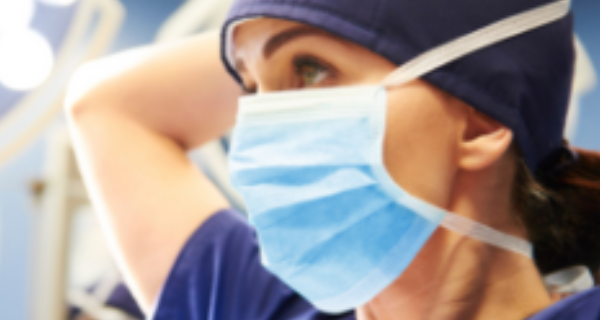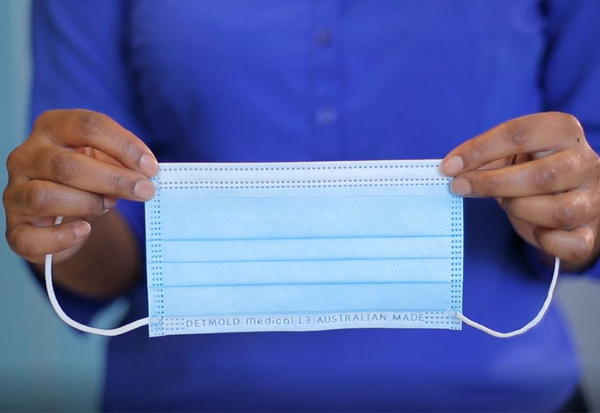When it comes to sourcing a single-use respirator, you will generally want to make sure that your mask offers the level of protection it claims to provide. When you use a genuine NIOSH-certified mask, or one that has undergone a quality certified test to N95, you can be sure that the filtration performance of your mask when worn correctly, is of highest efficiency.
Here is what you need to know about NIOSH certification and N95 respiratory protection devices.

Who is NIOSH?
NIOSH stands for the National Institute for Occupational Safety and Health and is based in the United States. NIOSH is a part of the US Center for Disease Control and Prevention, under the Department of Health and Human Services, the institute conducts research and makes recommendations. NIOSH under authorisation of the Occupational Safety and Health Act of 1970, provides a testing, approval and certification program.
What is a NIOSH N95 Standard certification?
NIOSH provides certification for a number of products and equipment that are designed to protect wearers against harmful airborne particles. NIOSH N95 certified, or quality certified tested & compliant, indicates that the respiratory protection device meets specific safety and performance standards. N95 respirators will filter at least 95% of airborne particles and are commonly used in industries where workers may be exposed to harmful airborne particles, gases, vapours, or biological hazards as the respirators have been properly evaluated for their filtration efficiency, also fit and usability to ensure that they meet the required standards for protecting the wearer.
The NIOSH certification process
In order to become NIOSH-certified, manufacturers must go through a number of steps to ensure their respirator masks meet specific performance and safety standards. Here are the general steps for obtaining NIOSH certification for a respirator mask.
Manufacturer submission
The first step in the NIOSH approval process requires the manufacturer to submit an application to NIOSH, providing detailed information about the respirator mask, including its design, materials, and manufacturing processes.
Quality System Review
NIOSH will then review the manufacturer's quality control system to ensure that it meets the required standards. This involves assessing the quality assurance procedures in place during the manufacturing process.
Initial Testing
NIOSH conducts thorough testing on samples of the respirator mask. This testing assesses various aspects, including filtration efficiency, fit, airflow resistance and other performance characteristics. Testing is performed in line with the specific NIOSH standards.
Human Subject Testing
Some respirator masks, especially those designed for healthcare workers, may be required to undergo human subject testing to assess fit and usability. Real individuals wear the masks to evaluate how well they provide a proper seal and comfort during use.
Quality Control Audits
NIOSH may conduct on-site audits of the manufacturer's quality control processes to ensure ongoing compliance with certification requirements.
Approval Decision
Based on the results of testing, documentation and audits, NIOSH decides on whether to grant certification to the respirator mask. If the mask meets all necessary standards, NIOSH issues a certificate of approval.
Surveillance and Recertification
After certification is granted, NIOSH will continue to monitor the ongoing quality and performance of the respirator mask through periodic surveillance activities. Manufacturers may need to submit samples for recertification at regular intervals.
Enjoy N95 compliant protection with Detmold Medical
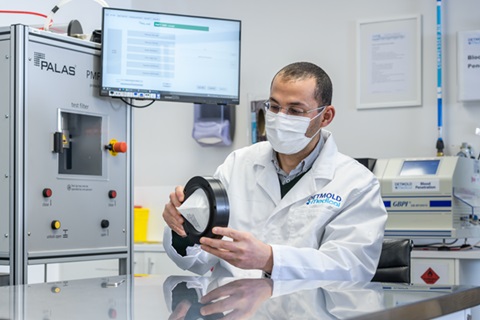
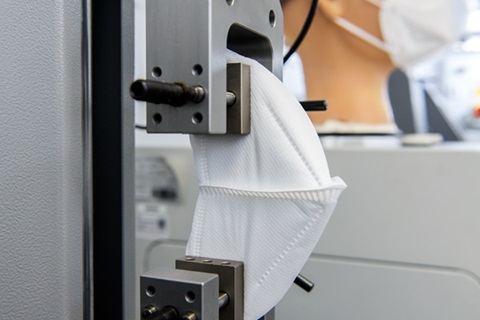
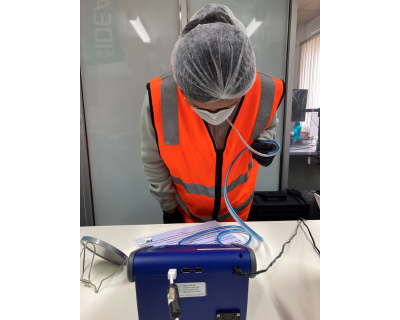
At Detmold Medical, we manufacture a range of high-quality single-use masks and respirators for use in many different environments. Our N95 Surgical Respirator Masks have been designed and tested to meet Australian Standards AS/NZS 4381:2015 and undergone a quality certified test for compliance to N95 (International Standard 42 CFR Part 84). Thanks to the level of respiratory protection that our N95 respirator masks can offer they are recommended for use in healthcare, hospital, or any other setting where fit-testing and fit-checking procedures are in place.
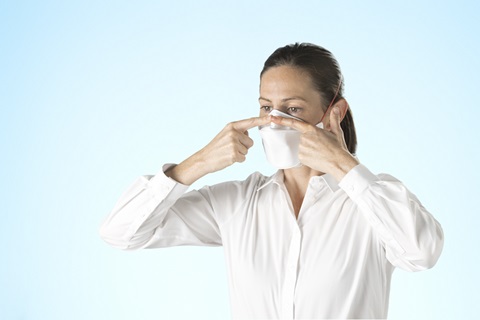
At Detmold Medical, we have developed our very own testing facilities to regularly validate the performance of our range of face masks and respirators. Thanks to our on-site lab, we are able to quickly identify and resolve any issues that arise at our manufacturing facility. We are also able to fast-track approvals of new materials or designs ahead of submitting our products for external validation and testing by accredited laboratories.


